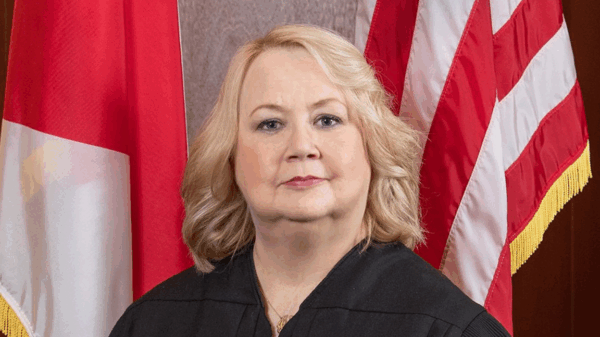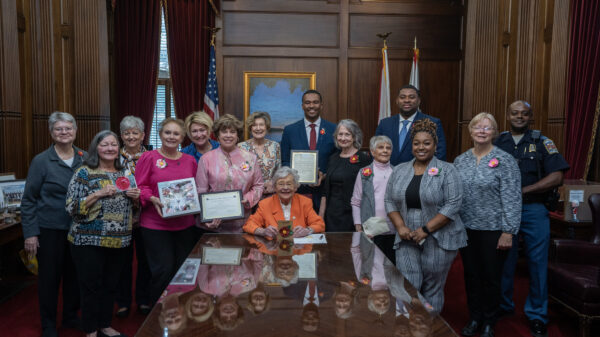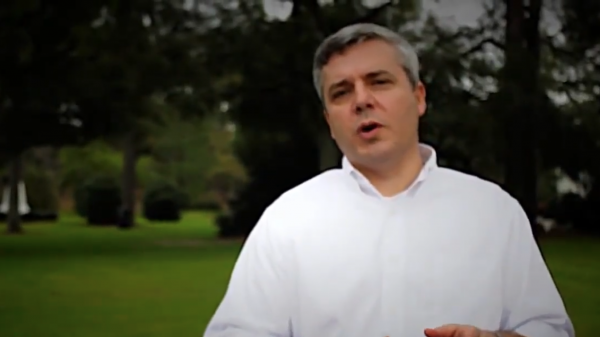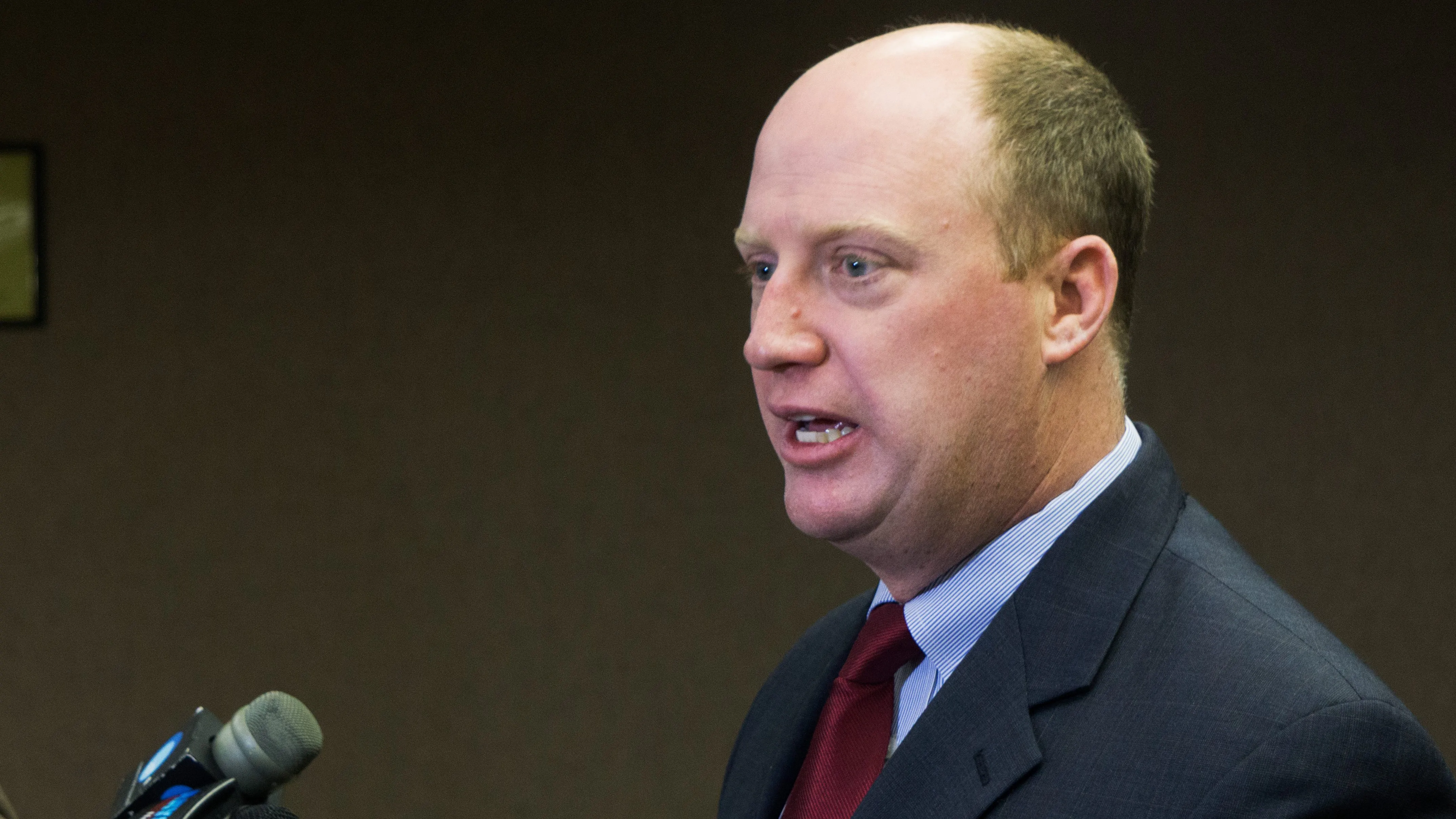Imagine for a moment that while you and your family sleep, another family breaks into your home and moves into your basement in the dark of night.
Once you discover them, you call the authorities to have them removed but are told that because they have established residency, it would be wrong for you to force them to leave.
Or, even worse, the authorities openly acknowledge the law has been broken but inform you that your elected officials have ordered them not to cooperate.
Certainly you and your family would feel violated, helpless, and angry at the absurdity of the arguments and the immorality of the situation.
A similar scenario is happening in the United States thousands of times each week, except instead of breaking into your homes, illegal immigrants are breaking our borders and violating our laws with their very presence.
Illegal immigration is an epidemic that has gone untreated for far too long, and it is one that drains billions of taxpayer dollars as we are forced to provide unearned government services to those who do not pay a dime of taxes back into the system.
Allowing a subculture of an estimated 12.5 million illegal immigrants to live off the grid and under the radar hurts our nation’s economy, drains our jobs, increases our crime rates, and threatens our homeland security.
It also insults those honorable immigrants who have taken the time, effort, and financial commitment to follow our laws and move here legally.
An estimated 65,000 illegal immigrants currently reside in Alabama, which is down from a previous approximation of 80,000 thanks in large part to the toughest-in-the-nation immigration law that the Republican Legislature approved in 2010.
Unfortunately, liberal judges and activist federal courts have neutered and rejected the most effective portions of the state law that protected our sovereign borders, so the number of illegals in Alabama is likely to rise again.
During my one term in the Alabama House, I have strongly supported every measure before the body that seeks to seal our porous borders, enforce the immigration laws on the books, and discourage illegal immigrants from planting their roots in our communities.
Among those measures was a resolution that urges Congress to fund and expedite the construction of a secure wall across the border between the United States and Mexico, which continues to be a cornerstone priority of President Donald Trump’s administration.
Statistics show that nearly 1,000 aliens are caught and captured each day while trying to illegally cross the Mexican border, but it a significant number of aliens successfully avoid detection and capture.
An impenetrable border wall is an absolute necessity, and I am proud that an Alabama-based construction company is among a handful that is under consideration to build the edifice for the Customs and Border Protection Agency.
I also stood tall for proposed legislation that would withhold state funding from any cities, counties, or public colleges and universities that defy immigration laws and declare themselves “sanctuary” areas that harbor illegal aliens. The bill was a proactive step to protect Alabamians before any city or campus in our state takes action that would help harbor illegal aliens and block the enforcement of immigration laws.
The Legislature adjourned before the measure could be enacted, but I plan to use the bully pulpit of the lieutenant governor’s office to push for its reintroduction and rally the public to insist upon its passage.
If the federal bureaucracy, the liberal Democrat opposition in Congress, and the career politicians who sell their votes to special interests refuse to properly protect our nation’s borders, I believe the responsibility to protect Alabama’s borders must fall upon the shoulders of state leaders.
It is a responsibility that I, for one, am not only willing to shoulder, I am eager to shoulder it.
State Rep. Will Ainsworth, R – Guntersville, is a Republican candidate for lieutenant governor. Elected to the Legislature in 2014, Ainsworth currently represents Alabama’s House District 27, which includes portions of Marshall, DeKalb, and Blount counties.




















































